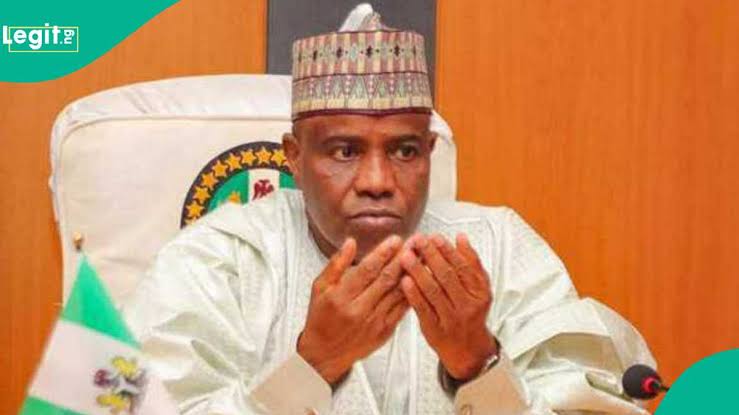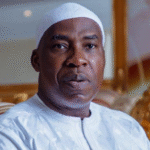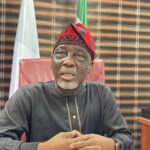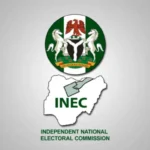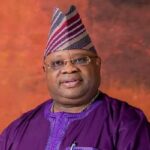Now Reading: Cross River Assembly approves N642bn as 2025 supplementary budget
-
01
Cross River Assembly approves N642bn as 2025 supplementary budget

Cross River Assembly approves N642bn as 2025 supplementary budget
It is worth noting that the Assembly previously passed the 2025 Appropriation Law on December 24, 2024, which had a budget of N538,523,915,716.00, referred to as the “Budget of Sustainable Growth.”
The supplementary budget reflects an increase of N142,031,303,572.79 or 26% over the initially approved budget.
Lawmakers said the supplementary budget was essential due to Governor Bassey Otu’s focus on infrastructural development across the state’s 18 local government areas.
Hon. Okon Nyong Owuna, Chairman of the Assembly’s Finance and Appropriation Committee, presented the committee’s report and explained that the supplementary budget was necessary to address important expenses that were not included in the original budget.
He noted that factors such as new obligations and unplanned emergency spending, the approval of strategic programs needing immediate financial support, along with a positive outlook on Internally Generated Revenue (IGR) and federal allocations, contributed to the need for the supplementary budget.
Owuna stated that these developments have allowed for additional spending across critical sectors. He mentioned that the supplementary budget includes increased allocations for areas such as Administration, Economic, Law and Justice, and Regional and Social sectors, which will be funded through IGR, aids, grants, and allocations from the Federal Account Allocation Committee (FAAC).
He also praised the State Government for complying with constitutional mandates, highlighting that the current administration, led by Senator Bassey Edet Otu, has enabled the passage of a supplementary budget in accordance with Nigeria’s Constitution.
Previously, the Assembly often faced downward revisions of annual budgets, leading to amendments rather than the passage of supplementary budgets.
The Speaker of the Assembly, Rt Hon Elvert Ayambem, emphasized that the supplementary budget aims to enhance the welfare of citizens, assuring that projects across all Local Government Areas have been adequately included to foster the state’s transformation.
Source: Tribune

